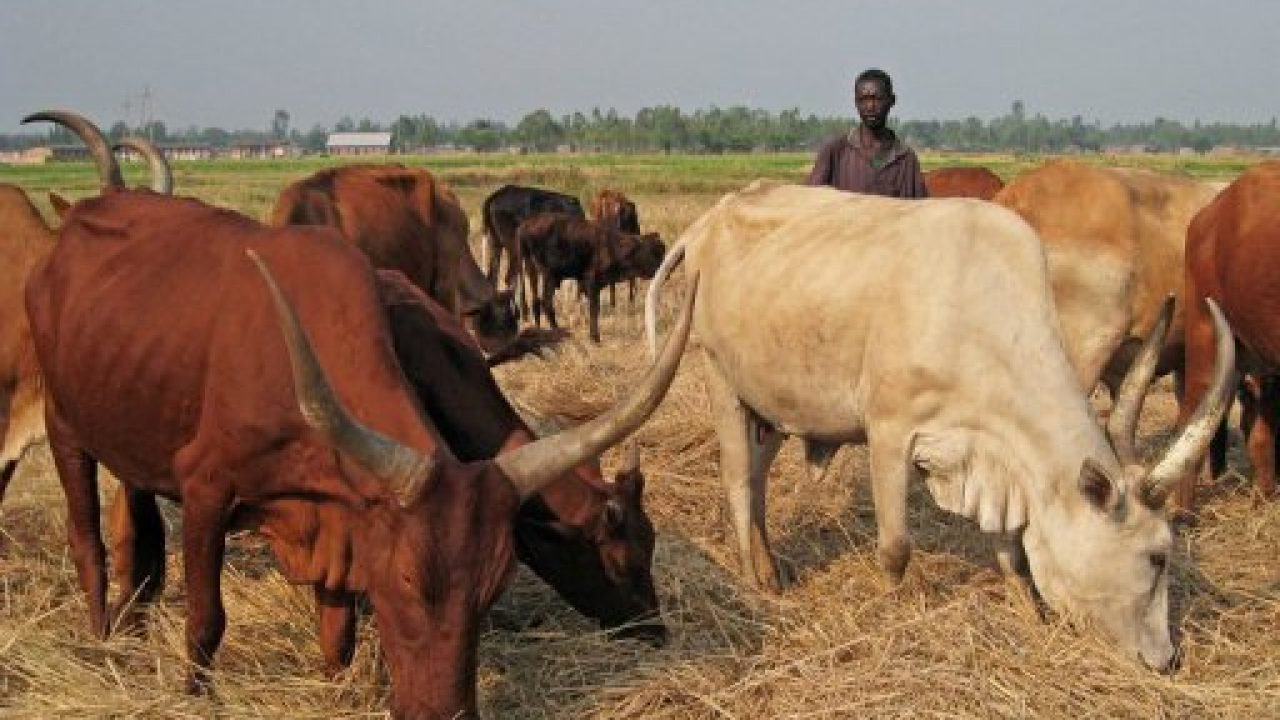Business News
After CBN forex ban, Dano turns to Kaduna farmers for milk supply

Arla Foods, makers of Dano Milk, has signed a memorandum of understanding with the Kaduna state government for the supply of raw milk,
The agreement will see 1,000 local farmers get permanent farmlands with access to water from the state and federal government while Arla, as the commercial partner, would purchase, collect, process and take the local milk to the market.
The Central Bank of Nigeria (CBN) recently announced that it would no longer provide foreign exchange for milk importation, saying it believed that local farmers can be supported to meet demand.
Commenting on the partnership, Nasir el-Rufai, Kaduna state governor, said: “We are pleased to collaborate with Arla Foods to grow and further improve our nation’s dairy industry. With our different competencies, together we can empower local farmers and promote market-driven sustainable dairy development in Nigeria”.
Steen Hadsbjerg, vice president, sub-Saharan Africa region for Arla Foods, said the partnership will build Nigeria’s dairy sector and “achieve Arla’s ambitions in West Africa”.
The partnership aims to help the farmers get permanent grazing areas of continuously moving in search of grazing areas with opportunities for expansion while also helping them to secure infrastructure like roads, power and water that are necessary to process and get the milk to consumers.
The project would primarily be funded by loans provided by the Central Bank of Nigeria and guaranteed by the Kaduna government, while Arla would invest in establishing milk collection centres in its pivotal role as a processor of the milk produced by the farmers.
This new public-private partnership is a sequel to the success of a collaboration initiated in 2016 with Kaduna state, the federal government, Arla and some NGOs which include Care, the Danish Agricultural and Food Council, the local dairy cooperative MILCOPAL and the Nigerian pastoralist organisation, Coret.
The collaboration was a five-year project called the Milky Way Partnership to develop a socially, environmentally and economically sustainable dairy value chain
-
Society News4 years ago
Jamaican man beheads wife after finding out their 6 kids are not his
-
Society News6 years ago
EXCLUSIVE: The Complete Story of Dolapo Awosika, John Fashanu and Prophet Kasali Sex Mess
-
News4 years ago
Pastor Osagie Ize-Iyamu, His Membership Of Secret Cult, And Other Issues Touching On His Public Credentials Examined by Barr. PATRICK I. BIOSE
-
News4 years ago
BREAKING: Ajimobi’s daughter-in-law blast Gov. Makinde, says gov can’t surpass ex-Oyo gov
-
News4 years ago
BREAKING: 2 arrested as NAF begins investigations into Tolulope’s death
-
Crime5 years ago
Exclusive: Female Aide Fingered In Oko Oloyun’s Murder + Banking Transactions That Nailed Husband
-
News4 years ago
BREAKING: Police take over Edo House of Assembly as APC, Oshiomhole move to seize control
-
Society News5 years ago
The Rise and Fall of “Jumoke The Bread Seller”
You must be logged in to post a comment Login